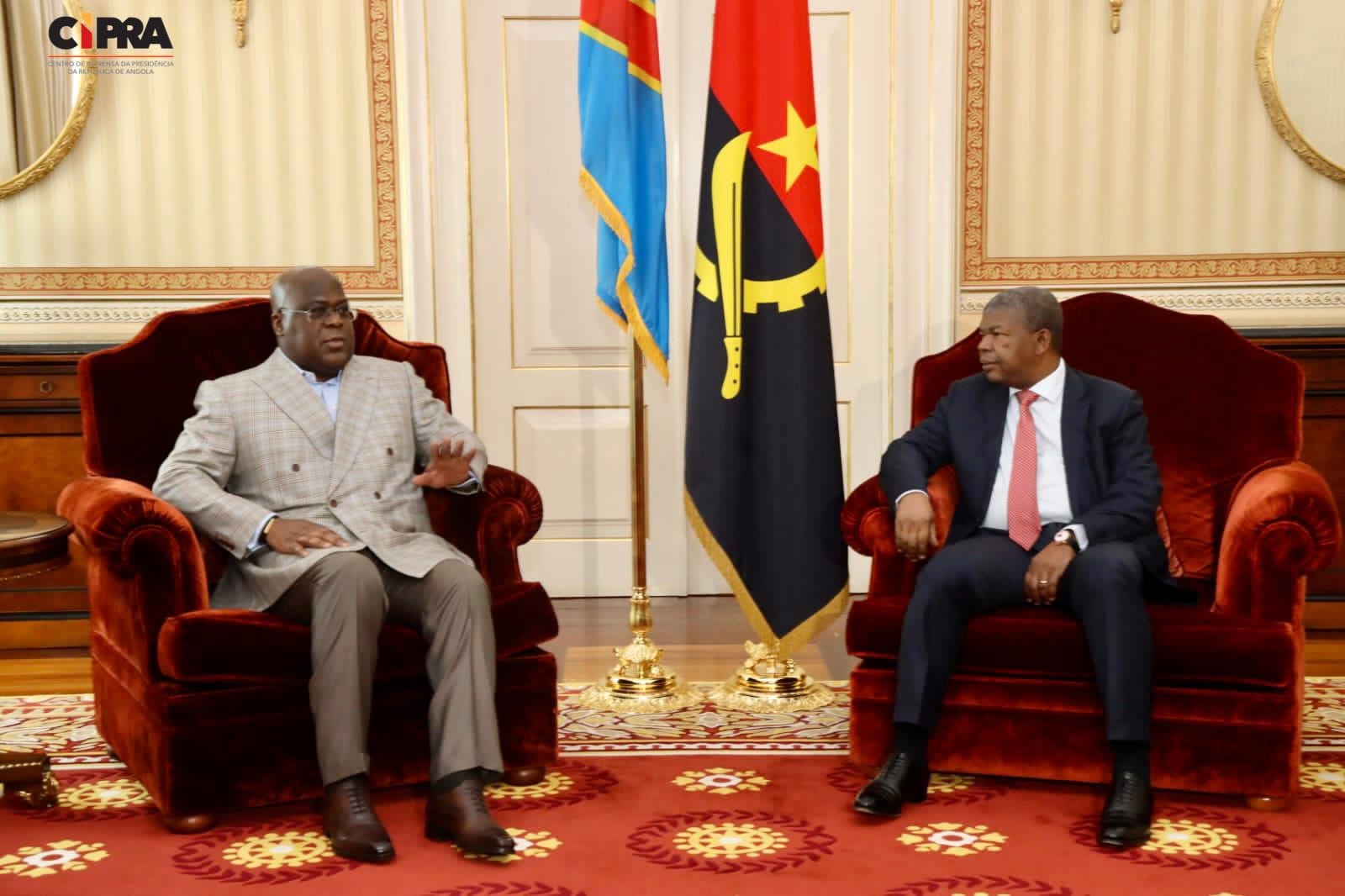Angola to Send Forces to Help Secure Eastern DRC
ADF STAFF
Days after the collapse of a cease-fire negotiated by Angolan President João Lourenço between the Democratic Republic of the Congo (DRC) and the M23 rebels, Angola took a more hands-on approach.
On March 11, Lourenço announced a one-year deployment of up to 500 Soldiers to help establish and maintain peace in DRC’s restless eastern region.
“This unit’s main objective is to secure the areas where the members of the M23 are stationed and to protect” members of a team tasked with monitoring compliance with the ceasefire, the office of the president said in a statement.
The countries share a 2,646-kilometer border and decades of good relations.
“In African culture, when something is happening in a neighbor’s house, we also feel concerned,” Angolan External Relations Minister Tete Antonio said. “It is necessary to go and see the neighbor to be informed so as to see how to overcome the situation.
“A mediator is expected to be in the middle. He listens to all the parties and at the end, he searches for a solution without going into the big details.”
On March 17, the Angolan parliament approved the military mandate. DRC President Félix Tshisekedi visited Luanda the next day to discuss details of the security situation.
Neither Lourenço nor Minister of State Francisco Furtado offered a detailed timeline for the troops to enter the DRC.
“A delegation of the ad hoc mechanism, which includes military officers, is visiting these areas to confirm that all is in order,” Furtado told reporters in Luanda on March 18.
After a 10-year dormancy, the M23 militia resumed fighting at the end of 2021 and has seized large areas of land in the North Kivu province. The rebels recently moved to surround the provincial capital Goma.
The violence in eastern DRC forced 300,000 people to flee their homes in February, according to the United Nations.
The DRC has accused Rwanda of providing financial and material support to M23, a Tutsi-led group. Independent U.N. experts say there is evidence to support the DRC’s allegations, but Rwanda continues to deny its official involvement.
DRC Minister of Foreign Affairs Christophe Lutundula emphasized on March 13 that Angolan forces would not be used to attack the rebels.
But experts say the deployment risks altering Angola’s role as a negotiator.
“The fact that troops are being sent from a country, which to this day is trying to position itself as a mediator, complicates the crisis even more,” Reagan Miviri, of the Congolese research institute Ebuteli, told Deutsche Welle.
“It’s not certain Angola can achieve more than the foreign armies already present in the Congo have, especially if they are not prepared to engage the M23 militarily.”
Frustration in the DRC reportedly is mounting while the presence of regional troops has yet to signal progress on the ground.
After welcoming the DRC as the seventh nation of the East African Community, the bloc created the EACRF, a regional military force with the intention to stabilize eastern DRC.
The first EACRF troops deployed in November 2022 with a Kenyan Army contingent of about 1,000 Soldiers in and around Goma.
But some troops are still arriving, as Burundi’s first group of about 100 Soldiers reached Goma in March.
In the early going, communication and coordination between DRC and EACRF forces have caused some consternation.
When the EACRF established buffer zones to secure the latest cease-fire, the Congolese government said its troops were caught on the outside as M23 rebels moved freely inside.
Tshisekedi and other DRC leaders have pushed for the EACRF to engage the rebels in combat.
“I don’t think it [the EACRF] has achieved much for now,” Ebuteli researcher Pierre Boisselet told The Africa Report magazine. “I have the impression that the DRC’s government confidence in the EACRF is damaged.”
There is some optimism with Angola’s plans to take a more active role in brokering peace and enforcing another potential cease-fire in the near future.
Lourenço will continue to play a key role in trying to mediate an end the conflict.
“It is still a concern of the DRC government that we need to see an engagement of all parties, on the part of the government of the DRC, on the part of Rwanda, and also on the part of M23 in terms of compliance with the cessation of hostilities,” Furtado said.


Comments are closed.